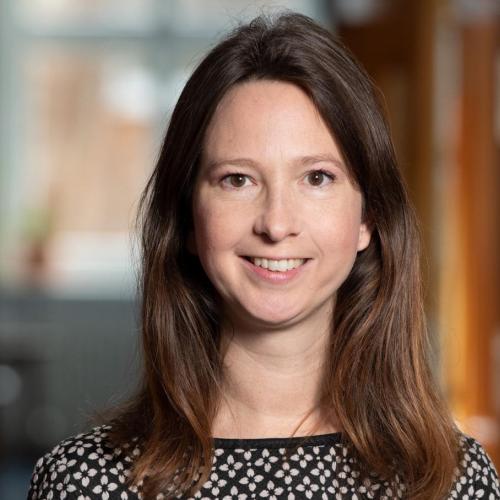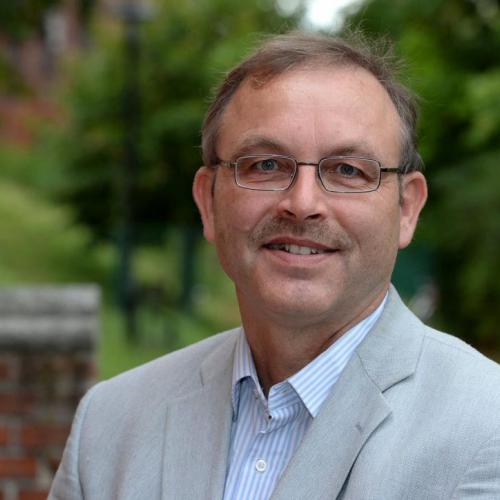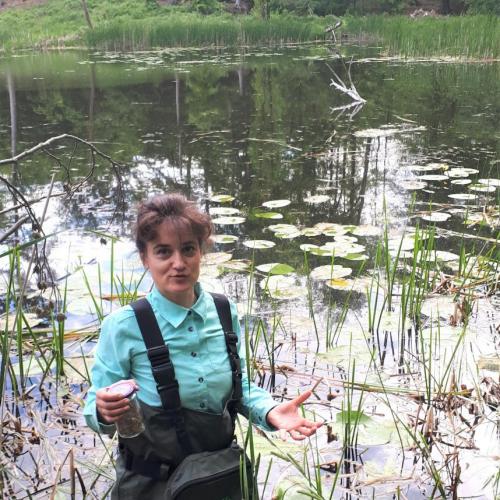WASSERBLICK.
Short profile
Duration
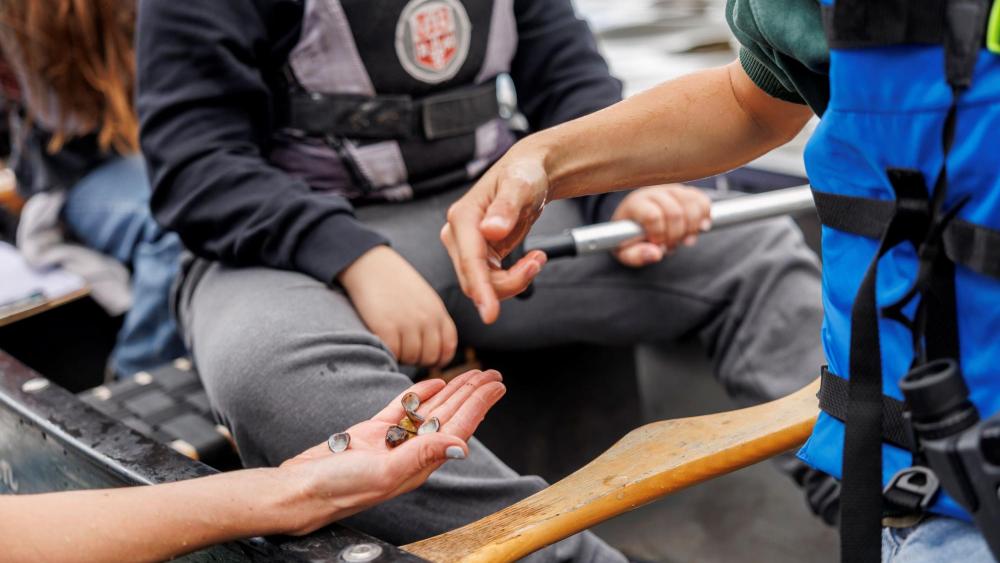
© Frank Sperling
The Spree, the river after which Berlin's Spreepark is named, covers almost 70% of its area. This shapes not only its location and accessibility, but also its flora and fauna. The Spree connects the park with its human and non-human neighbours on and in the water. As well as the Spree, an important federal waterway, and the Plänterwald, a water protection area, the park contains various other small bodies of water. These have no inflow from the Spree and are fed purely by rainwater. This makes them special refuges for species that depend on nutrient-poor standing water. Water also plays an important role in the park's future planning, particularly with regard to sustainable rainwater and groundwater management.
Drawing on this distinctive location and water ecology, Spreepark Art Space and Campus Stadt Natur, in collaboration with Arca Futuris and the Leibniz Institute of Freshwater Ecology and Inland Fisheries (IGB), are designing a series of workshops for primary school pupils focusing on water. The workshops are being developed with the involvement of primary school pupils from Kiefholz Primary School (Treptow-Köpenick district), as well as an interdisciplinary group of ecologists, artists and educators. The aim is to develop a format on water as a habitat, which will be available for schools to book in future.
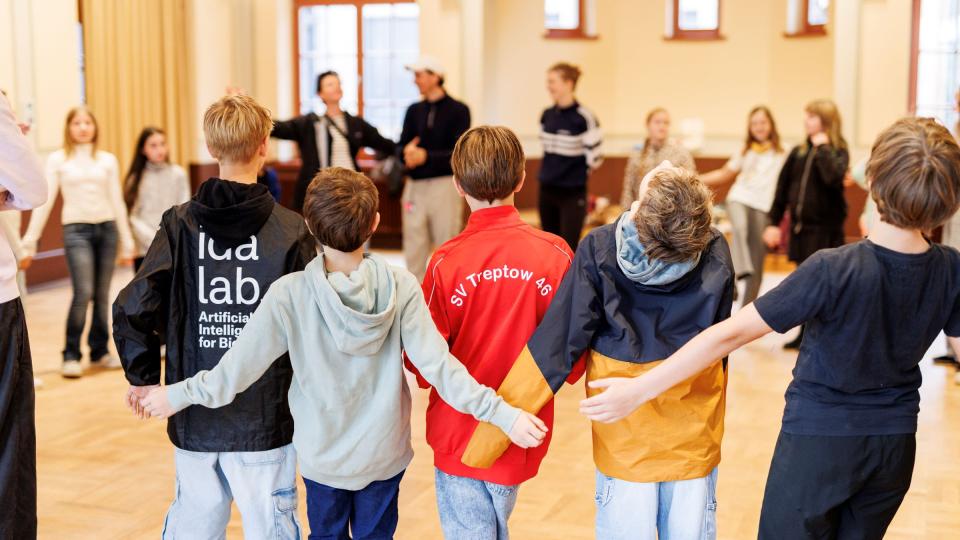
© Frank Sperling
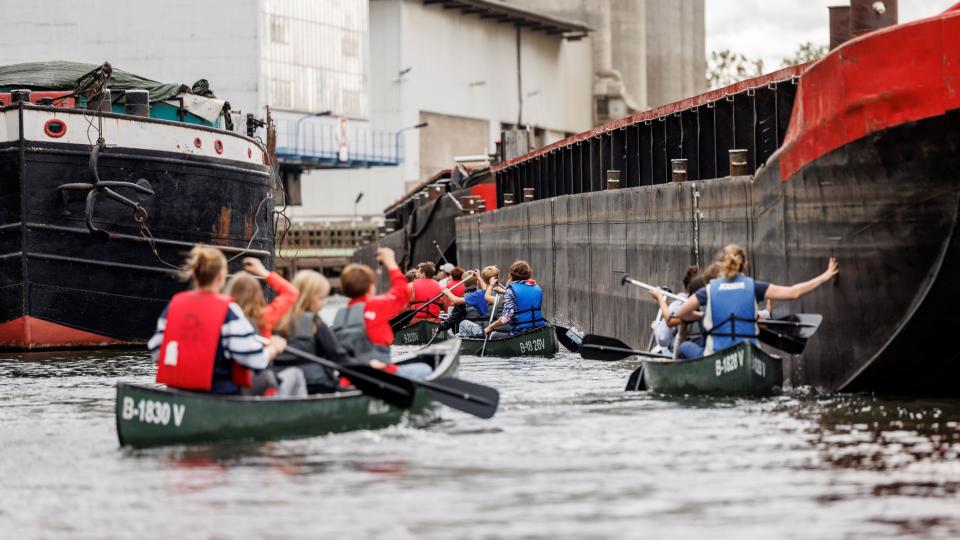
© Frank Sperling
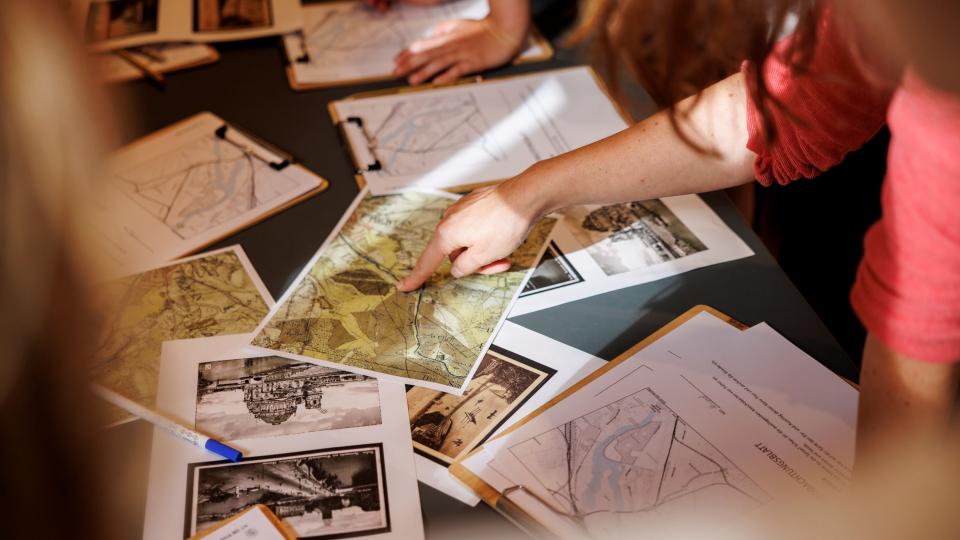
© Frank Sperling
Spreepark Art Space und Campus Stadt Natur in Kooperation mit Arca Futuris
Schering Stiftung



